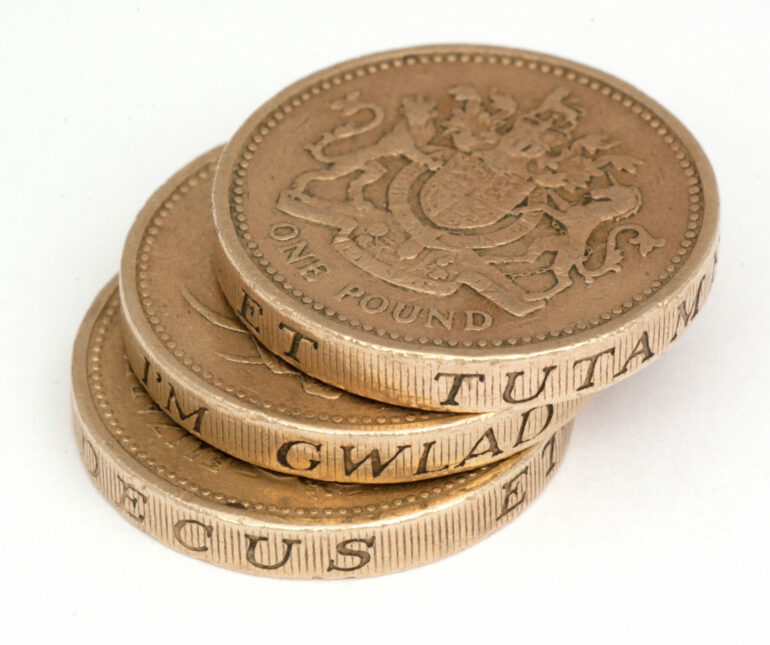People’s confidence in their financial outlook for the next 12 months fell to its lowest point in nine years, a survey from Hargreaves Landsdown has found.
Figures from the HL Savings and Resilience Barometer, produced with Oxford Economics found that only around half of us have the wiggle room in our budgets to help us deal with price rises – falling to a quarter of those on lower incomes.
Forecasting to the end of the year, only a third will have comfortable wiggle room, including just one in seven of those on lower incomes.
Separate research from the ONS found that in the second half of January, two thirds of people said their cost of living had increased.
Sarah Coles, senior personal finance analyst at Hargreaves Lansdown, said: “For millions of people, life is already an uphill battle to make ends meet, and things are only going to get worse.
“The rest of 2022 will make the battle harder and the mountain you need to climb even bigger. Research from CEBR reveals we haven’t been this pessimistic about the state of our finances for nine years – and we’re right to be worried.
“The HL Savings and Resilience Barometer, produced with Oxford Economics, reveals the extent of the problem. Only around half of us currently have enough cash left over at the end of the month to deal with price rises. By the time we’ve got through the eye-watering price hikes due this spring and beyond, this is expected to fall to around one in three.
“Among those on lower incomes, Citizens Advice received more requests for crisis support than ever before last month – so more people are hitting the wall financially than at the peak of the pandemic lockdowns. And the Barometer shows that six in seven people will be running on empty by the end of 2022.
“Whatever your income, price rises are already causing pain for two thirds of people. Within this group, three quarters said their energy prices were responsible for a chunk of the price rises, largely because of the 12% hike in the price cap in October.
“However, energy prices aren’t the only things squeezing households. Everything from the cost of home repairs to food prices is on the rise, and there are a huge array of things which have risen more than a fifth in the past year – ranging from petrol to margarine and irons.
“And inflation hasn’t peaked yet. The Bank of England expects it to hit 7.25% in April when the energy price cap feeds through. This could cause us even more of a financial headache, because it puts more pressure on the Bank of England to raise interest rates. This will make life more expensive for borrowers, so those who have borrowed to make ends meet will face a double-whammy.
“It means we all need to think how we can make ends meet after prices rise. For those with more wiggle room in their budget, this means revisiting what they spend each month, cutting out some of the non-essentials, and shopping around on everything from petrol to groceries to keep costs down.
“For those whose finances are on more of a knife edge, they’ve already done all the easy things – and a lot of the hard ones. A third (32%) of those who said their costs had risen recently also said they’re cutting back on energy use, and more than half are cutting back non-essentials (53%). If you’ve already done everything you can think of, the key is to make sure you’re getting any help you can.”



